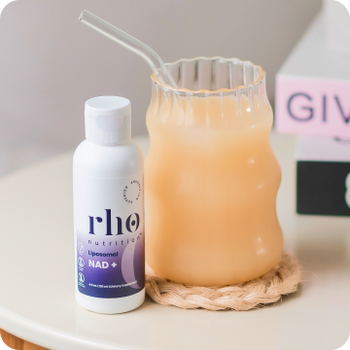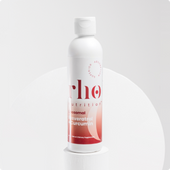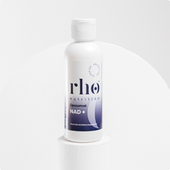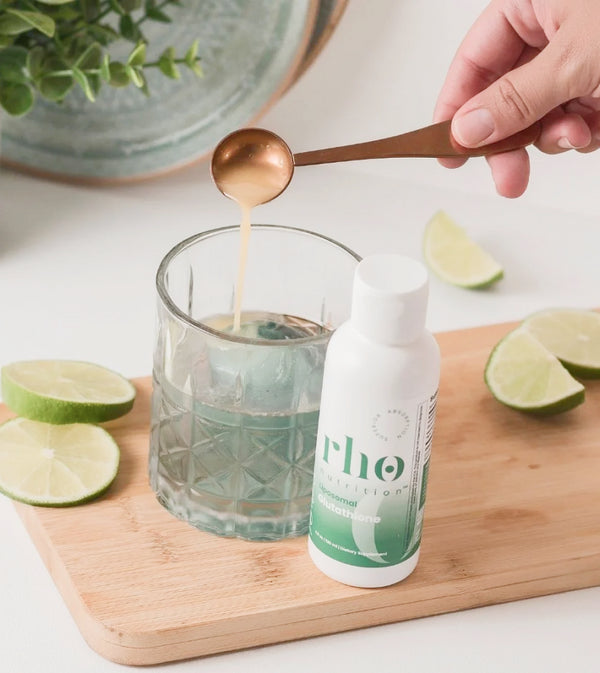Inflammation is a natural response of your immune system to injury or infection. It is a necessary process that helps your body heal and defend itself against harmful substances. However, when inflammation persists for a long time, it can lead to chronic inflammation, which can damage tissues and organs and increase the risk of chronic diseases. Diet and lifestyle factors can contribute to chronic inflammation, so it's essential to be aware of foods that cause inflammation and how to combat this inflammation with diet and lifestyle changes.
Foods that cause inflammation
-
Processed foods: Processed foods, such as fast food, chips, and snack bars, are often high in refined carbohydrates, sugar, unhealthy fats, and additives. These ingredients can trigger inflammation in the body and contribute to chronic inflammation over time.
-
Sugar: Sugar is a pro-inflammatory substance that can increase inflammation levels in the body. Eating too much sugar can contribute to chronic inflammation and increase the risk of chronic diseases.
-
Unhealthy fats: Trans fats and saturated fats are unhealthy fats that can contribute to chronic inflammation. These fats are often found in fried foods, fast food, and baked goods.
-
Alcohol: Alcohol can increase inflammation levels in the body, especially if consumed in excess. Chronic alcohol consumption can lead to liver damage, which can cause inflammation.
-
Refined grains: Refined grains, such as white bread, pasta, and rice, have been stripped of their fiber and nutrients, leaving only the starchy endosperm. These grains can raise blood sugar levels and trigger inflammation in the body.
How to combat inflammation with diet and lifestyle changes
-
Eat an anti-inflammatory diet: An anti-inflammatory diet includes plenty of fruits, vegetables, whole grains, healthy fats, and lean protein. These foods are rich in antioxidants and other anti-inflammatory compounds that can help reduce inflammation levels in the body. Avoid processed foods, sugar, and refined carbohydrates, as they can increase inflammation.
-
Incorporate anti-inflammatory spices: Spices such as turmeric, ginger, and garlic have anti-inflammatory properties and can help combat inflammation. These spices can be added to meals or taken as supplements.
-
Exercise regularly: Regular exercise can help reduce inflammation levels in the body. Aim for at least 30 minutes of moderate exercise most days of the week. Exercise can also improve insulin sensitivity, reduce oxidative stress, and boost immune function.
-
Manage stress: Chronic stress can increase inflammation levels in the body. Try stress-reducing techniques, such as yoga, meditation, or deep breathing exercises. These practices can help calm the mind and reduce stress levels.
-
Get enough sleep: Lack of sleep can increase inflammation levels in the body. Aim for at least 7-8 hours of sleep per night. Good sleep hygiene practices, such as avoiding caffeine and electronics before bed, can help improve sleep quality.
-
Reduce exposure to toxins: Avoid exposure to environmental toxins, such as air pollution and chemicals. Use natural cleaning products and personal care products whenever possible. Eating organic produce and meat can also reduce exposure to pesticides and hormones.
-
Incorporate anti-inflammatory supplements: Some supplements, such as omega-3 fatty acids, curcumin, and resveratrol, have anti-inflammatory properties and can help reduce chronic inflammation. Speak with your healthcare provider before starting any supplements.
Conclusion
Chronic inflammation is a serious health issue that can increase the risk of many chronic diseases. Diet and lifestyle factors can contribute to chronic inflammation, so it's essential to be aware of foods that cause inflammation and how to combat this inflammation with diet and lifestyle changes. An anti-inflammatory diet, incorporating anti-inflammatory spices, regular exercise, stress management, good sleep hygiene, reducing exposure to toxins, and taking anti-inflammatory supplements can all help reduce chronic inflammation.













Leave a comment